Policy briefings
We use a robust evidence base to inform sound political decision-making so UK and devolved governments can leverage the full capabilities of research-intensive universities.
Educating our future NHS workforce
Universities are ready to work with government to refresh the long-term workforce plan and expand training further.

The impact of QR funding
Quality-related Research (QR) funding plays an essential and unique role in achieving breakthrough research. Find out more in our briefing.
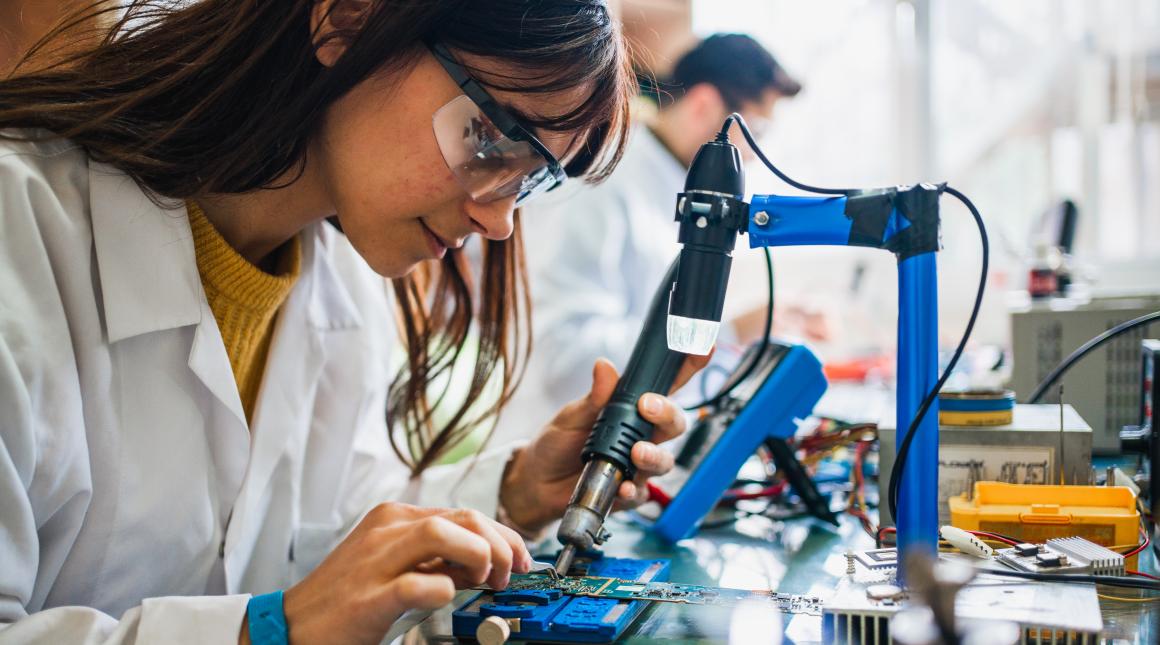
Educating teachers of the future
Russell Group universities train expert, resilient teachers for schools across the UK to grow the workforce and deliver opportunities for young people

Framework Programme 10
The European Union’s Framework Programmes have provided an enormous boost to science, research and innovation across Europe and the world
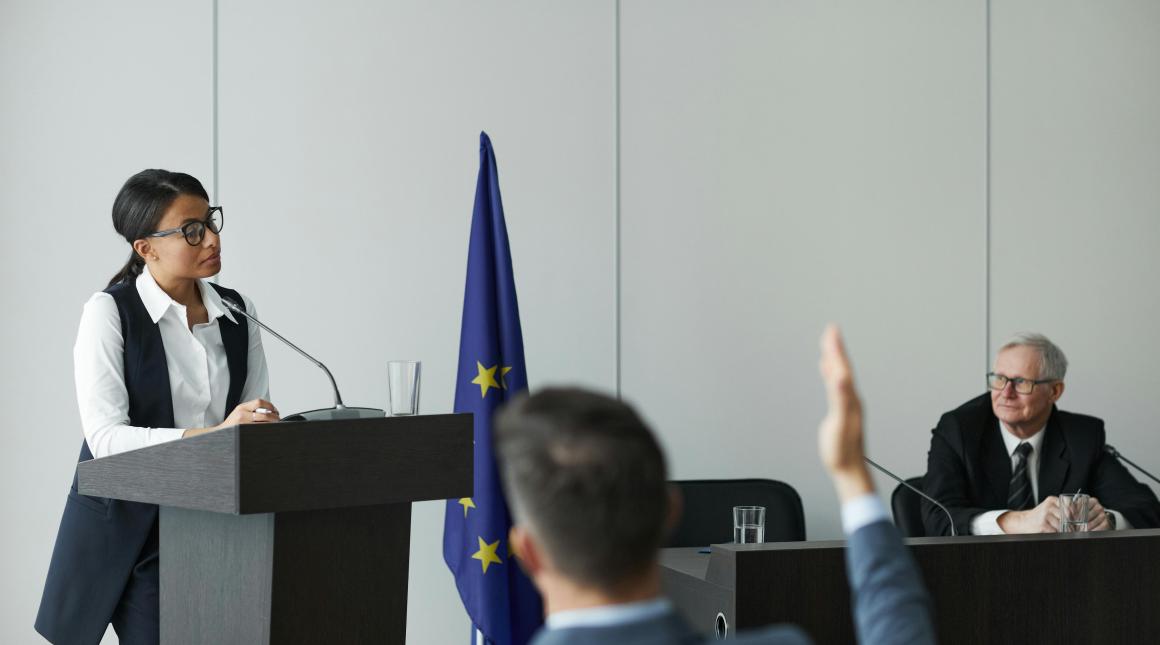
Research Security
Our universities recognise the strength of their R&D in strategically important fields makes the UK a target for hostile international actors seeking to access and misappropriate university research for their own…

International students in the UK
International students help make the UK a world leader in education, supporting our economy, society, domestic students and research. Read more.
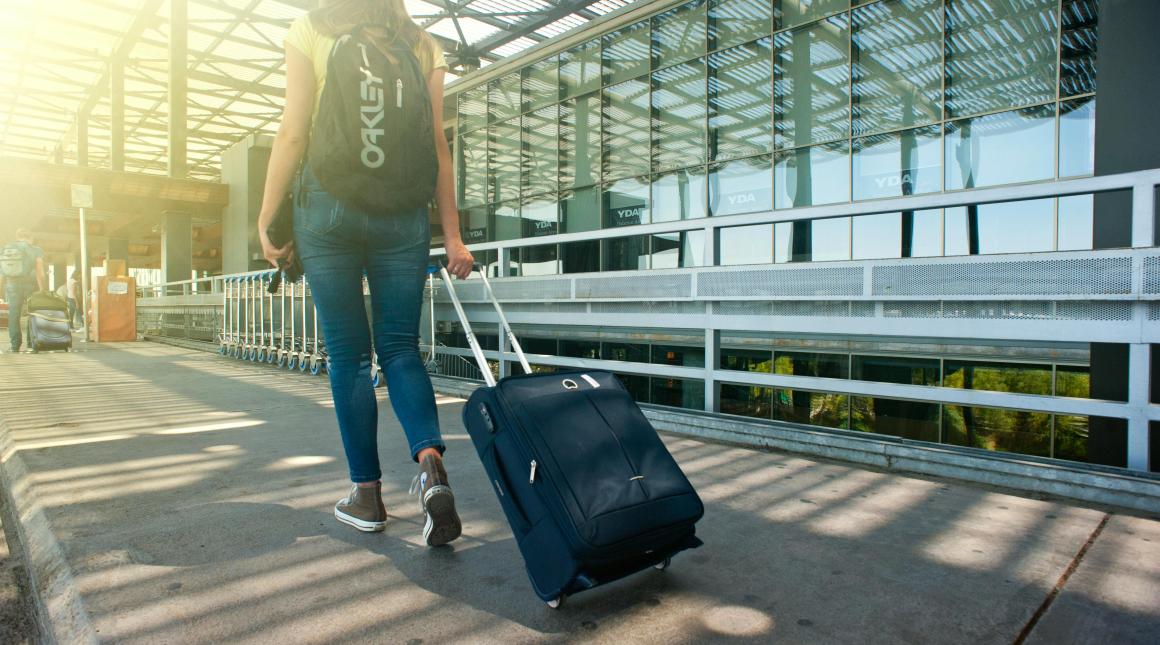
Education for a healthy future
Russell Group universities train the nurses, doctors, dentists, technicians and other professionals the NHS needs to cut waiting lists and bring advanced technologies and treatments into everyday use

Education: Delivering skills for growth
Over the coming years, a highly-skilled workforce will be crucial to boosting productivity and tackling some of society’s biggest challenges such as delivering a net zero economy, maximising the potential of…

Helping under-represented students succeed
In collaboration with schools, colleges and other partners, universities have a key role to play in helping to tackle educational inequalities, removing obstacles to success in higher education and conducting…
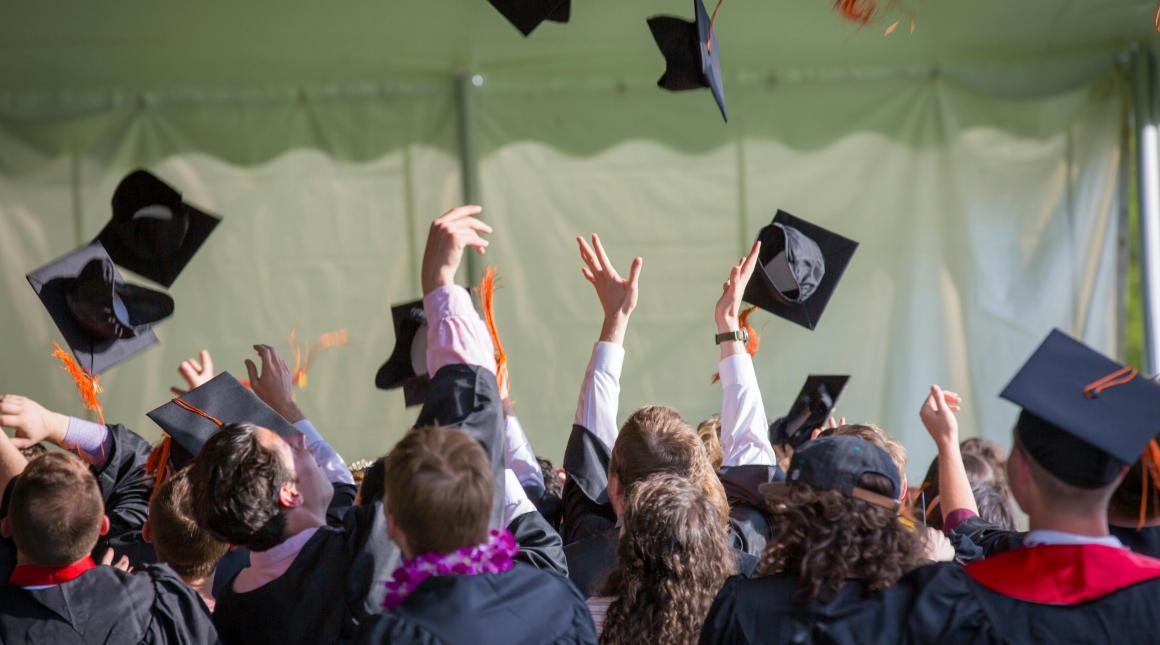
Associating to EU research and innovation programmes
EU R&I programmes bring huge advantages for the UK, boosting jobs and opportunity across the country, building UK research capacity and capabilities and keeping us at the forefront of key technological advances…
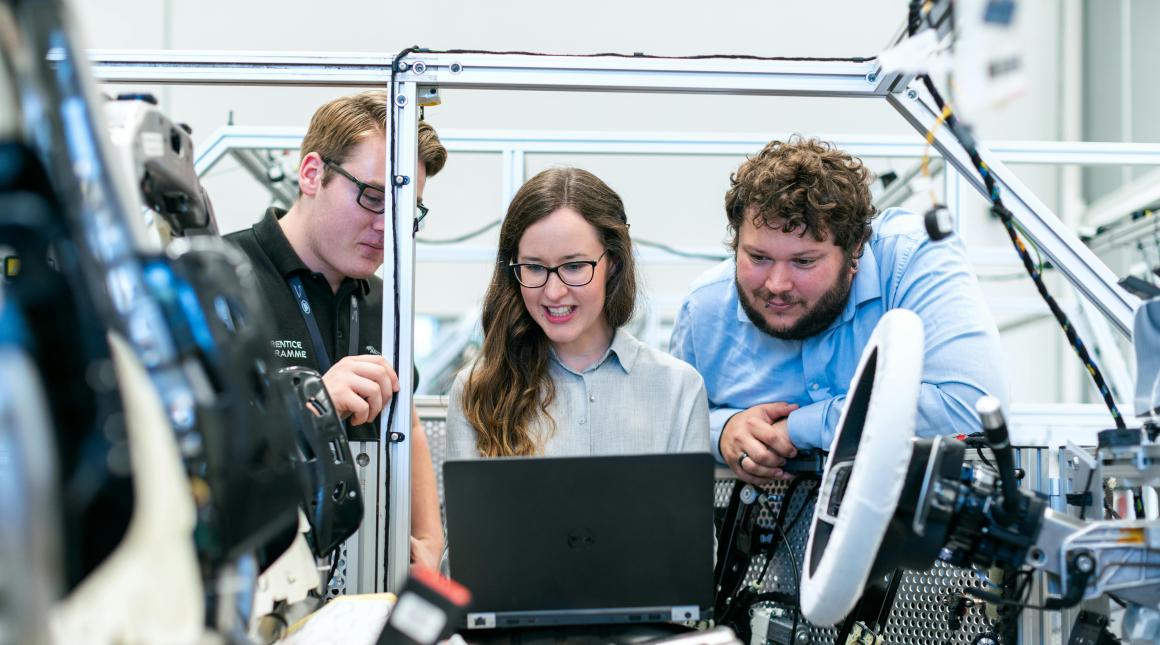
Driving growth through regional innovation clusters
Russell Group universities across the UK play a crucial role as anchor institutions, collaborating with businesses, education partners and local communities to build and drive regional innovation clusters. Read more…
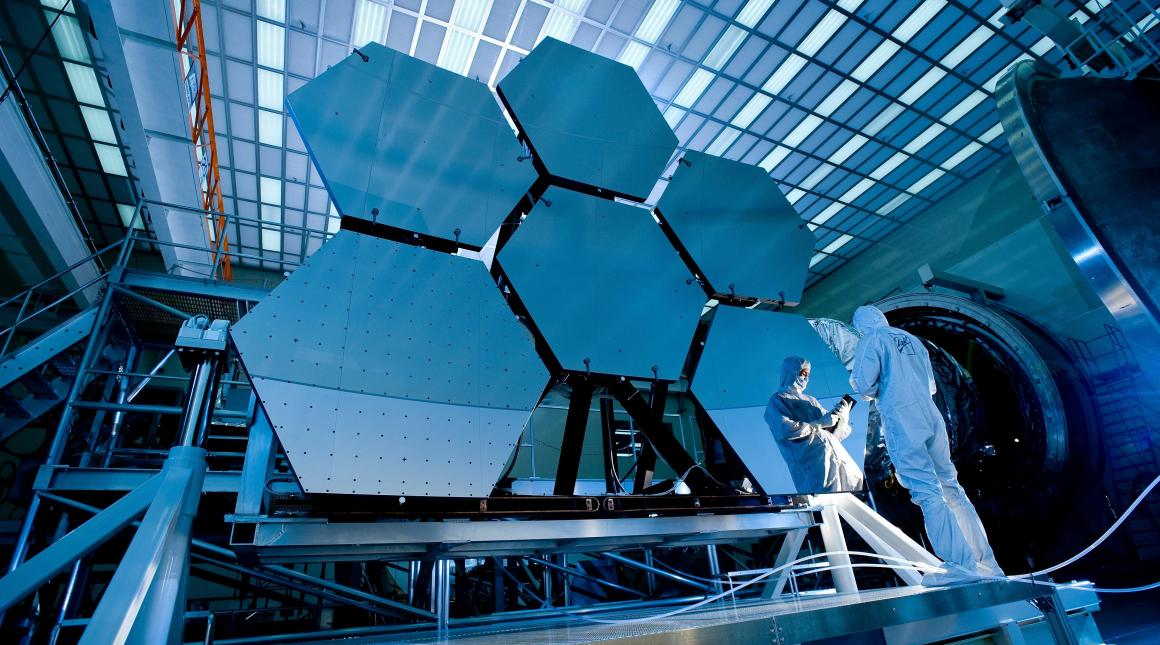
Maximising the impact of university spinouts
UK universities are world-class in tech transfer. Their spinout companies raised £1.66bn in equity funding in 2023, 9.54% of all equity funding raised by UK companies, second only to the US in total investment in…
